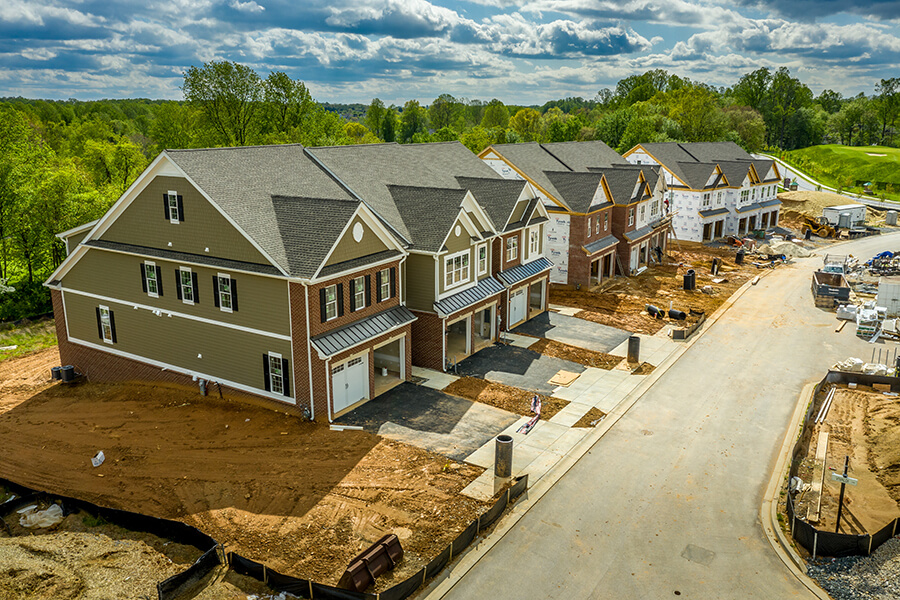As we quickly approach 2024, let’s gear up for one of the most exciting adventures of your life – buying your own home! Whether you’re a first-time buyer or planning to find your next home, this journey is all about smart preparation and setting the stage for a successful home purchase. Let’s explore some super helpful steps to ensure you’re perfectly poised for homeownership this year.

1. Boosting Your Credit Score – The Smart Start:
Your credit score is like your financial fingerprint, and you want it looking its best. Pay down those debts, keep up with bill payments, and watch your score soar. A great credit score can unlock better mortgage rates and terms – a real game-changer!
2. Pre-Approval Power:
Before you even start eyeing those dream homes, getting pre-approved for a mortgage is your secret weapon. It’s like having a financial green light that tells sellers you mean business in your pursuit of homeownership in 2024. Plus, it gives you a clear budget, so you know exactly what you can afford.

3. Savvy Saving for That Down Payment:
While you’re navigating the pre-approval maze, start beefing up that down payment fund. Remember, the bigger the down payment, the smaller your loan (and possibly your mortgage payments). Every dollar saved is a step closer to your dream home.
4. The Big No-No: Avoid Major Purchases:
Here’s a pro tip – hold off on big-ticket buys like a new car or lavish vacation before buying a home. These can affect your debt-to-income ratio and might impact your mortgage approval. Stay focused on the big picture – your new home!

5. Understanding the Homeownership in 2024 Market:
Get to know the real estate market. What’s hot, what’s not, and where you can find the best value for your money. This isn’t just about finding a house; it’s about making a wise investment in your future.
6. Learning the Ropes:
There’s a lot to learn about buying a home – from understanding mortgage options to knowing what to look for during a home inspection. Use this prep time to educate yourself. Knowledge is power, and power means confidence!

7. Creating Your Home Wishlist:
While you’re getting your ducks in a row, start dreaming up your ideal home. City or suburbs? Big yard or cozy condo? Prioritize what matters most to you. This will be super helpful when it’s time to start house hunting.
Turn Homeownership in 2024 into Reality: We’re Here to Help!
Ready, set, prep! 2024 is right around the corner, and it’s the perfect year to achieve your homeownership goals. By taking these preparatory steps, you’re not just dreaming – you’re actively paving the way to your new home. And if you need guidance or advice, our team is here to help. Reach out to us for support in navigating the market, securing financing, or simply for expert advice. Let’s work together to turn your dream of homeownership in 2024 into a reality!


































